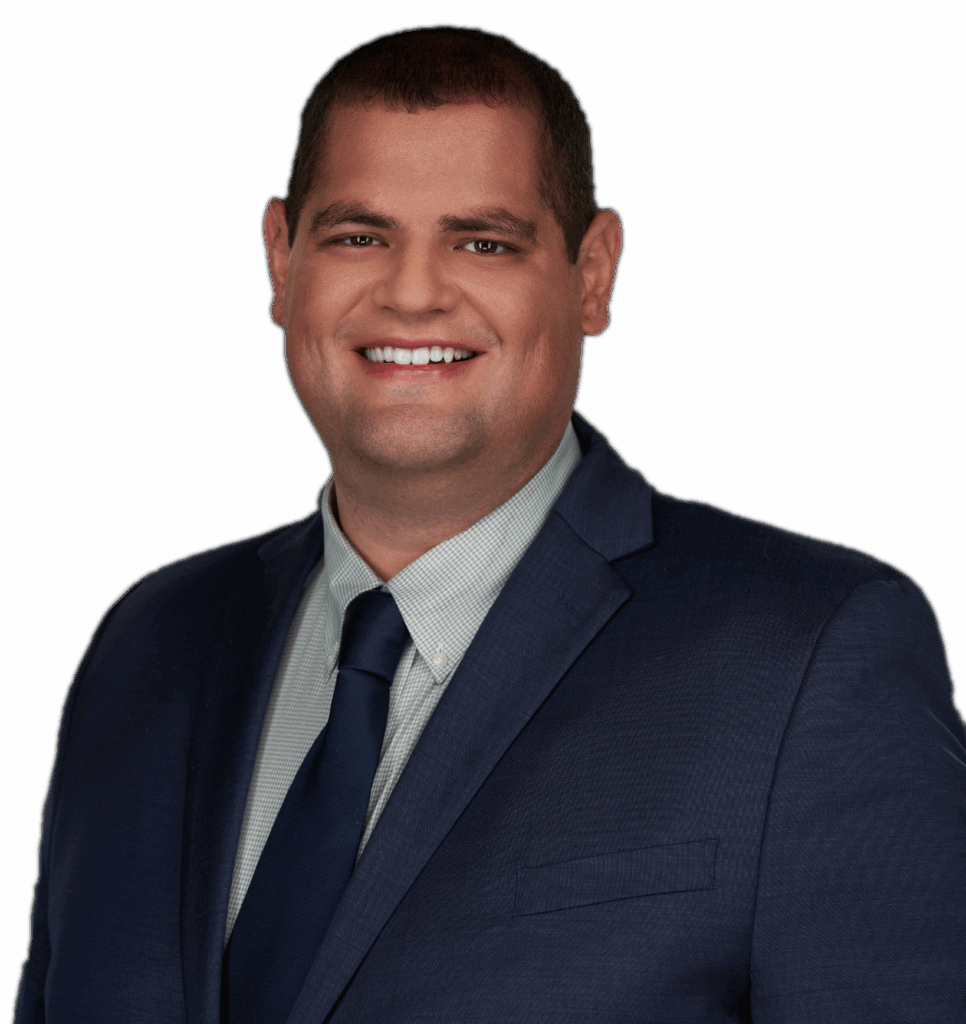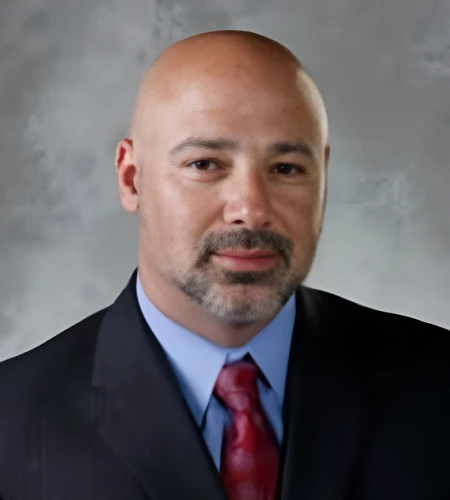The promise of a New York summer camp, from the shores of Lake George to the woods of the Catskills, is a season of growth and safety. When a predator shatters that promise through an act of sexual violence, the trust placed in that institution is irrevocably broken.
The harm is a deep betrayal by the very organization and adults charged with a child's protection. If you are a survivor of New York summer camp sexual abuse, you possess the undeniable right to seek justice and hold every responsible party accountable for their actions and failures.
A civil lawsuit is not about reopening old wounds; it is a definitive action to reclaim your power and legally compel institutions to answer for their negligence.
- A civil claim is the legal mechanism survivors use to hold camps, parent organizations, and their staff financially liable for the profound harm caused.
- Legal action forces these institutions to dismantle the systems and secrecy that allowed the abuse to happen, leading to concrete changes in their safety policies.
- The court system provides a formal process for a survivor's story to be documented and validated, ensuring the truth becomes part of a permanent legal record.
Pursuing a civil claim is a process entirely separate from any criminal case and is focused on securing justice for the survivor by proving the institution’s liability for enabling the abuse.
Table of Contents
- Institutional Negligence: How New York Camps Are Held Liable
- Legal Avenues for Justice: The Child Victims Act and Adult Survivors Act
- Building Your Case for a New York Summer Camp Sexual Abuse Claim
- Why Horowitz Law Is a Force for Survivors
- Your Questions on the Path to Accountability
- Take Action to Secure Justice
Institutional Negligence: How New York Camps Are Held Liable

Summer camps operating in New York have a binding legal duty to create and maintain a safe environment for every camper. When a camp fails this duty and that failure leads directly to sexual abuse, the camp is held legally liable under a principle known as negligence. A New York sexual abuse lawyer can help survivors and their families understand their legal rights and pursue justice in these situations.
In simple terms, negligence is the failure to use reasonable care, resulting in harm to another person. For a summer camp, this means it neglected its responsibility to enact and enforce the basic safety protocols that protect children from predators. The fault for the abuse lies squarely with the abuser and with the institution that provided them the opportunity.
A camp’s liability is established through clear evidence of its failures, such as:
- Negligent hiring and retention: This involves hiring staff without conducting comprehensive, national criminal background checks, failing to verify past employment, or ignoring red flags in an applicant's history. It also includes keeping an employee on staff after receiving complaints or observing disturbing behavior.
- Deficient supervision and policies: Many camps fail to implement and enforce a strict "rule of two," which requires at least two adults to be present with a child or group of children. Liability also arises from camp layouts with too many isolated areas and a general lack of monitoring of counselor-camper interactions.
- Willful blindness to warning signs: This occurs when staff are not trained to recognize grooming behaviors, which are tactics abusers use to gain a child’s trust. It also includes the failure to create and enforce a mandatory reporting system for any suspicious activity, or when camp leadership ignores reports that are made.
An organization's decision to disregard safety standards is not a simple oversight; it is a fundamental breach of its legal and moral obligations, which forms the basis of a civil lawsuit for damages.
Legal Avenues for Justice: The Child Victims Act and Adult Survivors Act

For decades, the statute of limitations, a law that sets a strict deadline for filing a lawsuit, barred countless adult survivors of childhood abuse from ever seeking justice. New York State corrected this injustice by passing landmark legislation.
The Child Victims Act (CVA) and the subsequent Adult Survivors Act (ASA) created special "lookback windows" that temporarily suspended these old deadlines. These acts gave survivors a new, vital opportunity to file civil lawsuits against their abusers and the negligent institutions, regardless of when the abuse occurred.
While these main windows have now closed, other legal paths for accountability remain open for many survivors. These powerful laws were designed to empower survivors by:
- Acknowledging delayed disclosure: The law now recognizes the profound psychological reasons why survivors often need years or decades to come forward and process their trauma before they are ready to take legal action.
- Applying vicarious liability: These acts reinforce the legal doctrine of vicarious liability, which means an employer or organization is legally responsible for the wrongful acts of its employees if those acts are committed within the scope of their employment.
- Providing financial recovery: Survivors seek compensation, also known as damages, for the tangible and intangible costs of the abuse. This includes the cost of therapy, lost earning potential due to trauma, and the immense emotional distress and suffering endured.
The legislative shift in New York validates a survivor's experience, affirming that the right to seek justice does not expire because of a date on a calendar.
Building Your Case for a New York Summer Camp Sexual Abuse Claim

After returning from a camp where abuse occurred, and once immediate safety is secured, a survivor can begin to prepare for a potential legal claim. The foundation of a strong civil case is built with evidence and detailed documentation.
The process of organizing information constructs a clear, factual account of what happened and demonstrates the institution's failures. This deliberate collection of facts is what underpins a formal legal action.
Actions to take that strengthen a future legal case include:
- Document the experience: Write down every detail you remember about the abuse. This includes the abuser's name and role, the specific locations at the camp where events took place, the time of year or dates, and any conversations or incidents that stand out. No detail is insignificant.
- Preserve all related items: Keep any physical or digital evidence connected to the camp. This includes letters, emails, social media interactions, photographs from that time, camp uniforms, brochures, and personal journals.
- Identify potential witnesses: Make a private list of other people who might have seen the abuser’s behavior, experienced similar conduct, or in whom you confided at the time. This list is for your attorney's use and could include other campers from places like Buffalo or Rochester, former counselors, or family members.
Each piece of evidence, from a written memory to a saved photograph, serves as an objective pillar supporting your testimony and creating a verifiable record for the legal proceedings.
Why Horowitz Law Is a Force for Survivors

When you pursue a civil lawsuit for sexual abuse, the law firm you select is one of the most consequential decisions you will make. You require a legal team whose entire existence is devoted to this specific fight.
Horowitz Law's sole mission is representing survivors of sexual abuse. Our firm does not take cases involving car accidents, slip and falls, or any other area of law. This singular dedication means our entire team, our resources, and our strategies are honed for one purpose: holding abusers and the institutions that protected them accountable.
We have secured justice for clients across the nation, including survivors of abuse at summer camps throughout New York State.
Our commitment to survivors is absolute and unwavering.
- Exclusive dedication to sexual abuse law: We are not a personal injury firm with a sexual abuse department. Our entire firm is built around confronting the unique legal and emotional elements of these cases. This gives us an unmatched perspective on the defense tactics institutions and their insurers use.
- A direct, survivor-first mandate: When you work with us, you work directly with our core legal team. We ensure your voice is the most powerful one in the room, and our entire approach is designed to be trauma-informed, respectful, and empowering.
- A record of forcing institutional change: We pursue outcomes that create lasting change. Our settlements and verdicts secure financial justice for our clients and frequently mandate that institutions overhaul their policies to protect the next generation of children.
A law firm’s exclusive focus on one area of law results in a more formidable and precise legal strategy, built from years of confronting the same powerful opponents.
Your Questions on the Path to Accountability
What if the summer camp has closed down since the abuse happened?
Yes, you are often still able to file a civil claim even if the specific summer camp no longer exists. The entity that operated the camp may have closed, but the legal responsibility for the abuse that occurred on its property does not simply disappear.
An investigation uncovers the corporate structure and insurance history to identify the liable parties. These responsible parties frequently include:
- The camp's insurance carrier: The insurance company that held the general liability policy for the camp at the time the abuse took place is a primary target for compensation.
- A parent organization: Many smaller camps are owned or managed by larger, national or regional organizations (like the Boy Scouts of America, church dioceses, or other youth groups) that remain legally and financially responsible.
- The former owners or corporation: The legal corporation or the individual owners behind the camp may still have assets that can be targeted in a lawsuit, even if the camp itself is no longer in operation.
The dissolution of a brand name or a physical location does not erase the legal and financial accountability for the profound harm that occurred under its authority.
How long does a civil lawsuit for summer camp abuse typically take?
There is no fixed timeline for a civil sexual abuse claim, as the duration depends on the specific facts of the case and the conduct of the defendants. The legal process is thorough and methodical, not swift.
Your legal team manages every deadline and requirement, allowing you to focus on your well-being. The process generally moves through several distinct phases:
- Investigation and case building: Before a lawsuit is filed, your attorneys conduct a deep investigation to gather evidence, identify all potential defendants, and construct the strongest possible legal argument.
- Filing and discovery: Once the lawsuit is filed, it enters the discovery phase. Discovery is the formal legal process where both sides exchange information, documents, and witness testimony under oath.
- Negotiation and resolution: The majority of time is often spent in strategic negotiations with the defendants and their insurance companies to reach a confidential settlement. This phase can be extensive, but it is where most cases are successfully resolved.
The legal system's deliberate and measured pace, while long, is structured to allow for a comprehensive development of facts, which ultimately fortifies a survivor’s position for a just and fair resolution.
What does it cost to hire an attorney and file a lawsuit?
Horowitz Law operates on a contingency fee basis. This means you pay absolutely no fees unless and until we win your case by securing a settlement or a verdict in your favor. The initial consultation is also free and confidential. This removes any financial barrier to seeking justice.
Will my name and story become public?
We take every legal measure to protect our clients' privacy. Lawsuits are filed using "Jane Doe" or "John Doe" pseudonyms to shield your identity. Attorney-client privilege ensures that everything you share with us is completely confidential. Furthermore, a majority of civil cases are resolved through confidential settlement agreements, which prevents the details from ever becoming public.
Will I have to face my abuser in court?
The overwhelming majority of civil sexual abuse cases are resolved through settlement negotiations long before a trial becomes necessary. Your attorney handles all interactions with the defense attorneys. In the rare event a case proceeds to a trial, we prepare you for every step of the process and use legal protections to ensure your safety and well-being.
What if I don't remember every single detail of the abuse?
It is completely normal for trauma to affect memory. You are not expected to remember everything perfectly. Our legal team's job is to use the details you do recall to launch a thorough investigation. We uncover evidence, locate witnesses, and find internal documents that help piece together the full story and build a powerful case on your behalf.
Take Action to Secure Justice

You have the right to hold the people and institutions that harmed you accountable. The first step is a simple, confidential conversation. Contact Horowitz Law to speak with a compassionate legal professional who will listen to your experience and explain your legal options.
There is no cost or obligation. Call us at (954) 641-2100 to start the process of demanding justice.